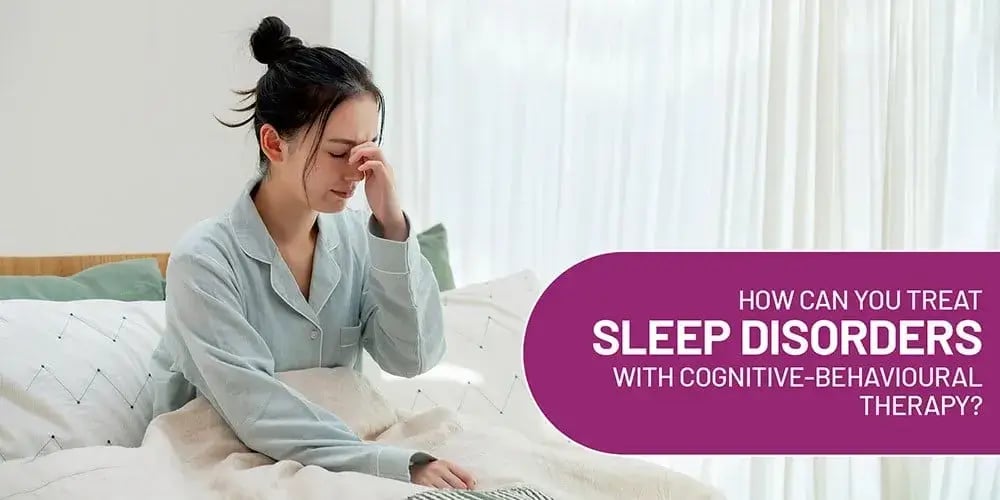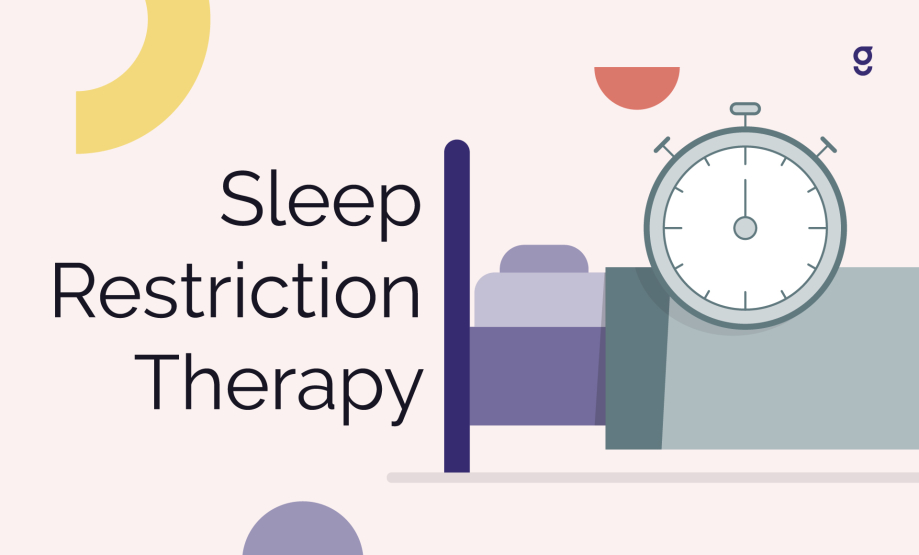Cognitive Behavioral Therapy for Insomnia (CBT-I) - Proven Methods
Cognitive Behavioral Therapy for Insomnia (CBT-I) - Proven Methods
Blog Article
Effective Treatment Solutions for Managing Rest Disorders and Enhancing Peaceful Sleep
In the realm of medical care, the management of sleep problems and the mission for relaxing rest are critical components of general well-being. Reliable therapy services provide a complex technique to tackle these challenges, varying from cognitive behavioral treatments to holistic techniques that promote leisure and mindfulness. The expedition of various approaches, including the assimilation of drug and light treatment, opens up a world of possibilities in the pursuit of much better rest top quality. As we navigate the intricate landscape of sleep problems and seek to enhance our sleep experience, a deeper understanding of these therapy remedies may hold the trick to unlocking an extra refreshing and fulfilling corrective trip.
Cognitive Behavioral Therapy for Insomnia (CBT-I)
Cognitive Behavior Modification for Sleeplessness (CBT-I) is an organized, evidence-based treatment approach that concentrates on addressing the underlying elements adding to rest disruptions. This kind of therapy aims to modify behaviors and thoughts that worsen insomnia, ultimately promoting healthy sleep patterns. CBT-I typically involves a number of crucial parts, consisting of cognitive therapy, rest constraint, stimulation control, and rest health education.
Cognitive treatment aids individuals recognize and alter negative thought patterns and beliefs about sleep that might be impeding their ability to fall or stay asleep. Sleep limitation includes limiting the quantity of time invested in bed to match the person's actual rest duration, therefore increasing rest performance (sleep deprivation help). Stimulus control methods aid develop a solid association between the bed and rest by motivating individuals to visit bed just when drowsy and to prevent participating in stimulating tasks in bed
Additionally, sleep health education and learning concentrates on creating healthy and balanced sleep behaviors, such as preserving a consistent rest routine, producing a relaxing going to bed routine, and maximizing the sleep environment. By resolving these elements comprehensively, CBT-I supplies an effective non-pharmacological treatment for taking care of sleep problems and enhancing total sleep quality.
Sleep Health Practices
Having actually established the structure of cognitive restructuring and behavioral alterations in resolving sleeping disorders with Cognitive Behavioral Treatment for Sleeplessness (CBT-I), the focus currently moves in the direction of checking out essential Sleep Hygiene Practices for keeping optimal rest quality and overall well-being.
Sleep hygiene practices incorporate a variety of practices and ecological variables that can substantially impact one's capacity to go to sleep and stay asleep throughout the night. Constant rest and wake times, creating a relaxing bedtime routine, and enhancing the rest setting by keeping it dark, peaceful, and cool are important components of great rest hygiene. Limiting direct exposure to screens before going to bed, preventing energizers like high levels of caffeine close to bedtime, and taking part in regular exercise throughout the day can likewise promote much better rest quality.
Additionally, exercising relaxation strategies such as deep breathing workouts or reflection before bed can assist soothe the mind and prepare the body for sleep. By incorporating these rest hygiene techniques into one's everyday routine, individuals can develop a healthy and balanced rest pattern that sustains peaceful rest and overall wellness.
Relaxation Methods and Mindfulness
Executing leisure methods and mindfulness practices can play a critical duty in cultivating a feeling of calm and advertising quality rest. Additionally, guided imagery can assist transport individuals to a peaceful location in their minds, aiding in anxiety reduction and improving rest top quality.
By incorporating these methods right into a going to bed regimen, individuals can indicate to their bodies that it is time to prepare and unwind for sleep. Overall, incorporating relaxation techniques and mindfulness methods can dramatically contribute to managing rest conditions and improving general sleep top quality.

Medication Options for Sleep Disorders
After checking out relaxation strategies and mindfulness methods as non-pharmacological interventions for boosting sleep top quality, it is vital to take into consideration medicine choices for individuals with sleep disorders. In cases where way of living changes and treatment do not give adequate alleviation, medication can be a valuable tool in managing sleep disturbances.
Typically recommended medicines for sleep conditions consist of benzodiazepines, non-benzodiazepine hypnotics, antidepressants, and melatonin receptor agonists. Benzodiazepines, such as diazepam, are sedatives that can help cause rest, but they are typically suggested for temporary usage because of the threat of reliance. Non-benzodiazepine hypnotics like zolpidem are also utilized to deal with sleeplessness and have a reduced threat of reliance contrasted to benzodiazepines. Antidepressants, such as trazodone, can be valuable for individuals with co-occurring anxiety and rest disturbances. Melatonin receptor agonists, like ramelteon, target the body's all-natural sleep-wake cycle and can be useful for regulating rest patterns.
It is important for people to seek advice from click to investigate a doctor to establish the most ideal drug option based upon their certain rest disorder and clinical background.
Light Treatment for Circadian Rhythm Guideline
Light therapy, also called phototherapy, is a non-invasive treatment method used to control body clocks and enhance sleep-wake cycles. This treatment includes exposure to bright light that resembles all-natural sunshine, which helps to reset the body's biological rhythm. By subjecting people to particular wavelengths of light, usually in the morning or evening depending on the wanted effect, light therapy can efficiently readjust the circadian rhythm to promote wakefulness during the day and improve restful rest during the night.
Research has shown that light treatment can be especially helpful for people with circadian rhythm problems, such as delayed sleep stage syndrome or jet lag. It can additionally be helpful for those experiencing seasonal affective disorder (SAD), a sort of clinical depression that normally happens throughout the winter season when all-natural light direct exposure is lowered. Light treatment is normally well-tolerated and can be utilized combined with other therapy methods for sleep conditions to maximize results and boost overall sleep quality.
Conclusion
To conclude, effective treatment solutions for handling sleep disorders and boosting restful sleep include Cognitive Behavior modification for Insomnia (CBT-I), sleep health practices, leisure techniques and mindfulness, medication alternatives, and light therapy for circadian rhythm law. These strategies can assist people improve their sleep high quality and general well-being. It is necessary to speak with a doctor to determine one of the most suitable method for attending to rest issues.
As we navigate the detailed landscape of rest problems and look for to boost our sleep experience, a much deeper understanding of these treatment options might hold the trick to opening a much more rejuvenating and meeting restorative journey.
Sleep constraint involves limiting the amount of time invested in bed to match the individual's actual sleep period, thus increasing rest efficiency. Regular sleep and wake times, producing a relaxing going to bed regimen, and enhancing the rest environment by maintaining it dark, silent, and cool are crucial components of good sleep hygiene. Light therapy is typically well-tolerated and can be have a peek at this website made use of in combination with various other therapy techniques for sleep problems to enhance results and improve general rest high quality.

Report this page